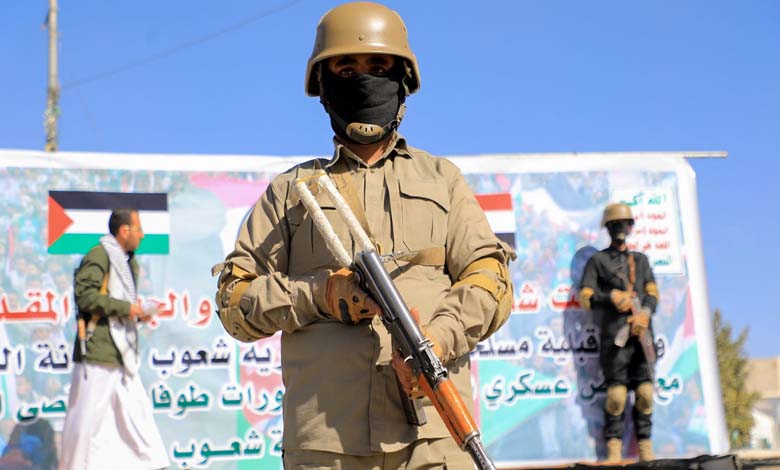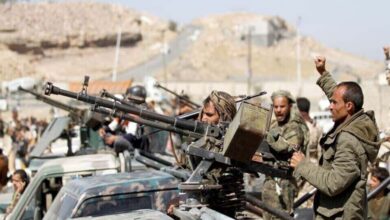Strategic Warning: A Muslim Brotherhood–Houthi network backed by Iran threatens Red Sea security

Regional concerns are rising over covert movements along the Sudanese coast, indicating the buildup of a complex smuggling network linking the Muslim Brotherhood, the Houthis, and Iran—an activity that goes beyond ordinary maneuvers and directly impacts the security of navigation in the Red Sea.
-
Houthis Activate Emergency Plan as Fear Undermines Centralized Military Command
-
Floating cemetery: Houthi mines are killing Yemeni fishermen
Information circulating in military circles points to unprecedented activity by Houthi operatives working outside Yemen, reflecting a qualitative expansion of the logistical operations connected to Iran and its proxies in the region.
According to a report published by Al-Muntassaf, this activity relies on a cell led by a general named Aqil Al-Shamiyi, who operates alongside Houthi commanders in the city of Port Sudan. The cell is believed to benefit from Iranian support to secure smuggling points that serve the Houthi agenda in the Red Sea.
The report notes that these movements occur within the framework of direct cooperation with individuals linked to the Muslim Brotherhood, giving the network greater ability to penetrate and move through civilian and commercial channels.
-
Between Denial and Confusion: Why Did the Houthis Delay Announcing Their Casualties?
-
Houthis redeploy military communication networks in Hodeidah
The information reveals that this tripartite alliance aims not only to facilitate arms smuggling but also to establish logistical routes for transferring Iranian-made drones such as the Mohajer-6 and Ababil, posing a direct threat to international trade routes.
The report also highlights dangerous side activities, including human trafficking and drug smuggling, which form a parallel economy that finances the network and sustains its influence.
-
62 Years since October 14… A memory inspiring Yemenis in confronting the Houthi coup
-
Al-Hassan al-Murani: the Houthi operative weaving the militia’s web of alliances in the depths of terrorism
Military sources warn that if this coordination continues to expand without being confronted, the Sudanese coastline could become a permanent corridor for cross-border smuggling operations, pushing the Red Sea into a new phase of tension.
Observers note that the danger of this alliance lies in its ability to combine the Muslim Brotherhood’s expertise in transnational networks, Iran’s military support, and the Houthis’ operational capabilities—creating a complex threat that is difficult to contain without a coordinated international effort.












